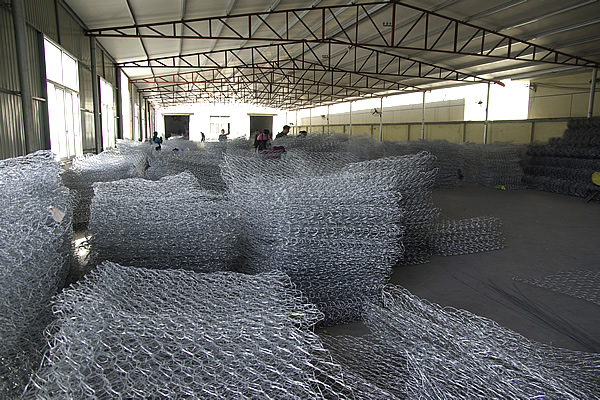 TEL:
+86-13102802206
TEL:
+86-13102802206
 Email:
fencenetting@china.com
Email:
fencenetting@china.com
 Language
Language
 TEL:
+86-13102802206
TEL:
+86-13102802206
 Email:
fencenetting@china.com
Email:
fencenetting@china.com
 Language
Language


The Versatility of Chicken Mesh Netting A Practical Guide
Chicken mesh netting is an essential tool for poultry keepers and gardeners alike, serving myriad purposes that go beyond simply enclosing chickens. This versatile material, typically made from galvanized wire or plastic, is a lightweight, yet durable solution for a variety of applications in agriculture, gardening, and home landscaping.
Understanding Chicken Mesh Netting
The term chicken mesh netting primarily refers to a type of fencing or netting designed to contain chickens within a defined area and protect them from predators. Available in different sizes, the mesh’s openings can range from half an inch to several inches, depending on the intended use. The most common materials are galvanized steel wire for durability and weather resistance, as well as plastic versions that are lighter and often used for temporary solutions.
Protection for Poultry
One of the most significant uses of chicken mesh netting is in the construction of chicken coops and runs. Chickens are vulnerable to various predators, including raccoons, foxes, and birds of prey, all of which can pose a serious threat to backyard flocks. By enclosing the coop and run with chicken mesh netting, poultry keepers can create a safe environment that allows chickens to roam freely while reducing the risk of predation.
In addition to providing physical protection, chicken mesh netting can help keep chickens from wandering off to unwanted areas or getting injured. A well-constructed pen made with this netting allows the birds to enjoy the outdoors while still being safely contained.
Garden Applications
Beyond poultry confinement, chicken mesh netting is a popular choice for gardeners as well. It can be used to protect delicate plants and seedlings from being eaten by pests. By surrounding vulnerable plants with this mesh, gardeners can effectively keep rabbits, deer, and other foragers at bay without the use of harmful chemicals or disruptive deterrents.

Furthermore, chicken mesh netting can serve as a trellis for climbing plants such as beans, peas, or cucumbers. Gardeners can easily shape the netting into vertical supports for these plants, promoting better air circulation and sunlight exposure, which can lead to enhanced growth and yields.
Versatile Uses Beyond the Farm
In addition to the more conventional uses, chicken mesh netting carries several creative applications. For instance, it can be utilized in crafting projects or as a decorative element in landscaping. Artists may use mesh to create whimsical garden sculptures, while landscapers can employ it to create unique fences that blend with the natural surroundings.
Chicken mesh netting can also be used for erosion control on steep slopes. By providing a physical barrier, it helps hold soil in place while allowing water and nutrients to penetrate the ground, managing runoff effectively.
Maintenance and Considerations
While chicken mesh netting is durable, some maintenance is required to ensure its longevity. Regular inspection for rust or damage is advisable, particularly if it is made from galvanized steel. If using plastic netting, one should be cautious of exposure to UV rays, which can degrade the material over time.
It’s essential to select the right gauge and size of mesh for the intended application. Smaller openings may be necessary to prevent smaller predators from entering, while larger openings might suffice for simply keeping chickens contained.
Conclusion
In summary, chicken mesh netting is a multifaceted tool that serves indispensable functions for poultry keepers, gardeners, and DIY enthusiasts. Its ability to protect animals, support plant growth, and offer creative solutions in landscaping makes it a must-have item for anyone engaged in these endeavors. Whether you are building a cozy coop, safeguarding your garden, or exploring creative projects, chicken mesh netting provides a reliable solution that combines functionality with versatility. As it continues to be an invaluable resource in agricultural and gardening practices, investing in quality chicken mesh netting can yield positive benefits for years to come.